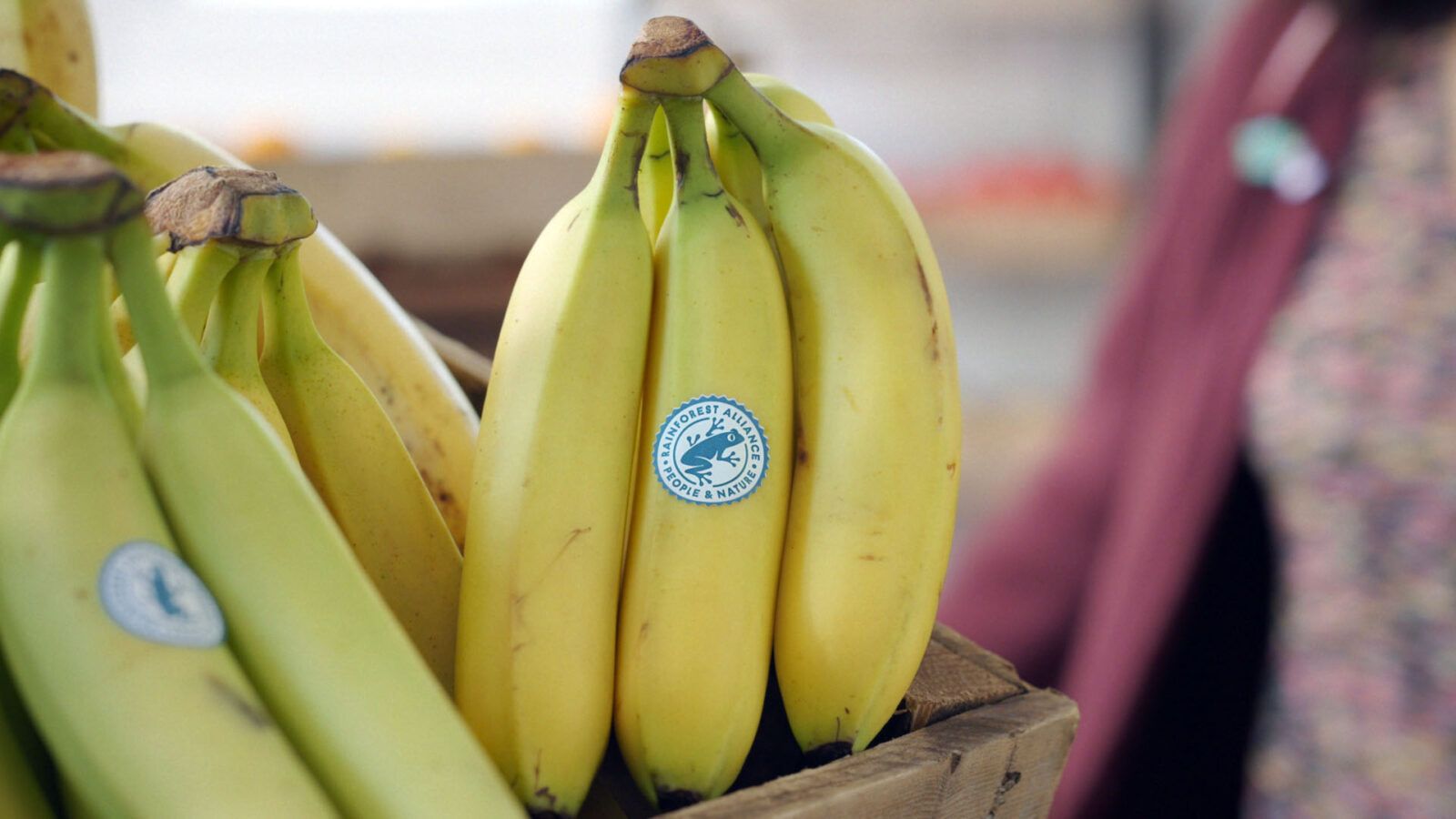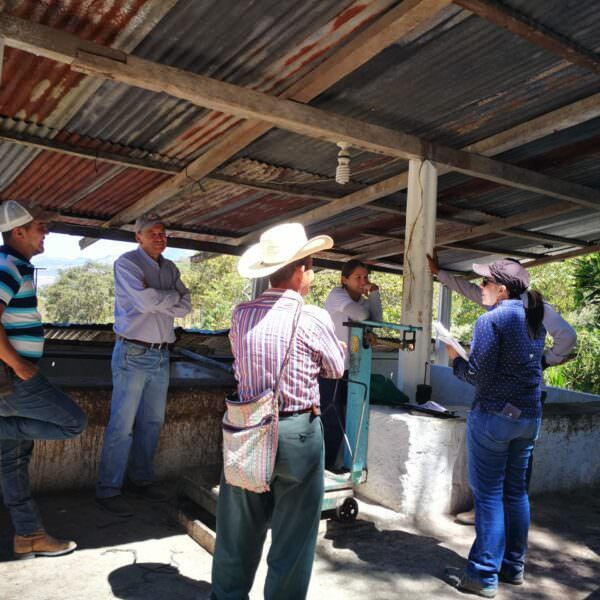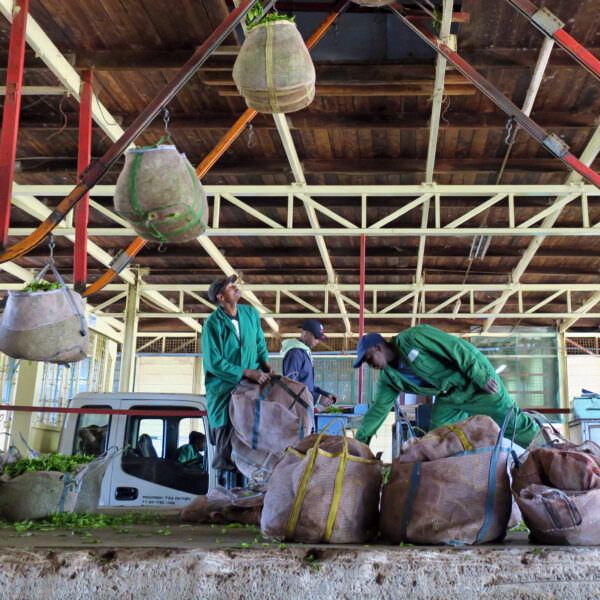We understand that cost is an important factor when considering Rainforest Alliance certification. While costs vary depending on your work and your needs, this page gives you an overview of certification costs for farmers and companies.
Cost of Rainforest Alliance certification for farmers
Farmers pay for audit services from the certification body of their choice. The Rainforest Alliance does not regulate these costs. The fees vary significantly depending on the size of the farm and location. Smallholders may want to organize and seek certification as a group to reduce expenses.
Farmers are also responsible for covering all costs associated with meeting the Sustainable Agriculture Standard. These costs may include: removing parts of their farm from production to comply with buffer-zone widths, implementing new management practices, or building new infrastructure. The Rainforest Alliance offers technical support to help farmers on the path towards certification. Contact a local Rainforest Alliance representative or trainer.
Costs for companies
Rainforest Alliance certification comes with many benefits for companies. We provide systems to trace and verify certified products throughout the supply chain. We develop certification policies and standards, manage a certification database and a quality control system for certification bodies, and manage complaints and appeals. We offer field training and technical support to farmers, and we engage in advocacy activities to encourage sustainable government policies and programs. We also promote the Rainforest Alliance certification seal in the marketplace, measure its impact, and create communications tools to raise public awareness and support companies in their marketing efforts.
There are four costs for companies, when applicable:
- Companies whose Supply Chain Risk Assessment (SCRA) results indicate that they require an audit must pay for supply chain audit fees from the Rainforest Alliance authorized certification body of their choice. The Rainforest Alliance does not regulate these costs. The fees vary significantly depending on the locations, size and complexity of the company’s operations. Companies whose SCRA indicates “very low risk” will receive an Endorsement and are not required to have an audit, in that case audit fees do not apply.
- The Sustainability Differential (SD), which is the cash premium price paid to farmers by their buyers to reward them for implementing more sustainable farming practices and achieving certification. This amount is negotiable (except in cocoa, where a minimum of 70 US$ per MT of cocoa bean is applicable), paid on top of the market price of the commodity in question and irrespective of any other (quality) premiums and differentials. The Rainforest Alliance does not gain any revenue or fees associated with companies paying the Sustainability Differential (SD).
- The Sustainability Investment (SI), which is an investment that buyers of Rainforest Alliance certified agricultural products make to help farmers meet and maintain the Rainforest Alliance certification requirements. This amount is negotiable (except in bananas and fresh fruits, where a minimum value of 5.50 US$ per MT is applicable). The Rainforest Alliance does not gain any revenue or fees associated with companies paying the Sustainability Investment (SI).
- A volume-based royalty to the Rainforest Alliance, once in each supply chain, based on the volume of certified goods purchased. The Rainforest Alliance License Agreement General Terms & Conditions outline the total amount of the royalty per certified product, how it is collected, and at which point in the supply chain it is invoiced. Royalties are applicable whenever companies claim that a crop is purchased from a Rainforest Alliance Certified farm or sell it “as certified”. This happens whether the claim is on a product, on packaging, in a contract or invoice, or on promotional materials on or off line, regardless of whether our seal or other marks are used.
Royalty by crop
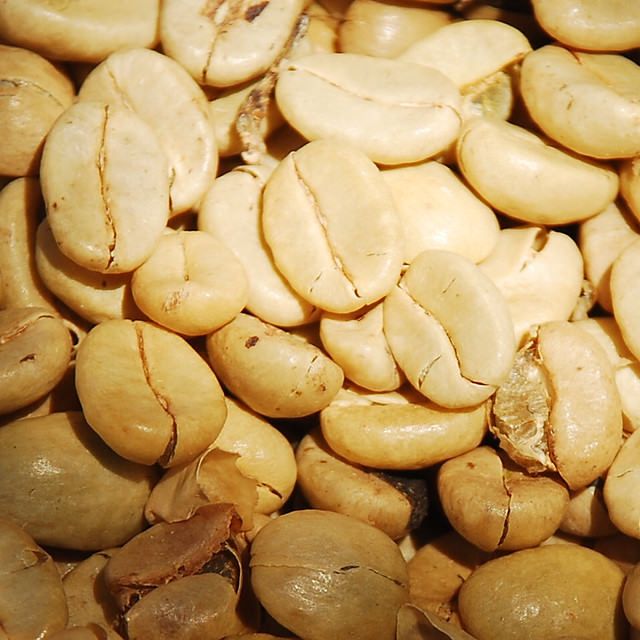
$0.0175 per pound of green coffee as of July 1, 2024 1
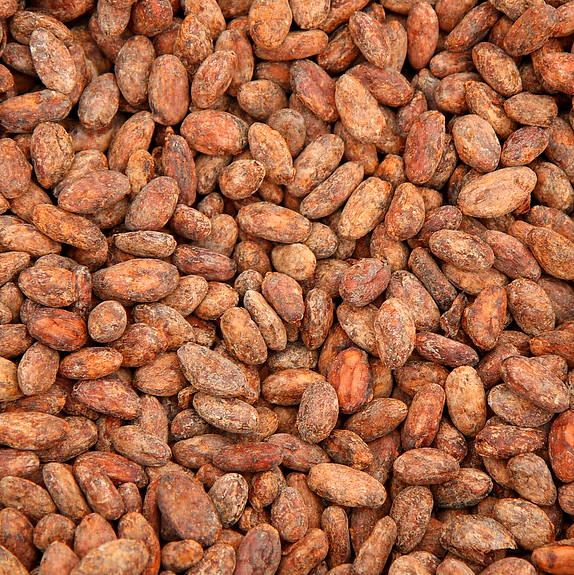
$0.0157 per kilogram of cocoa beans as of October 1, 2024
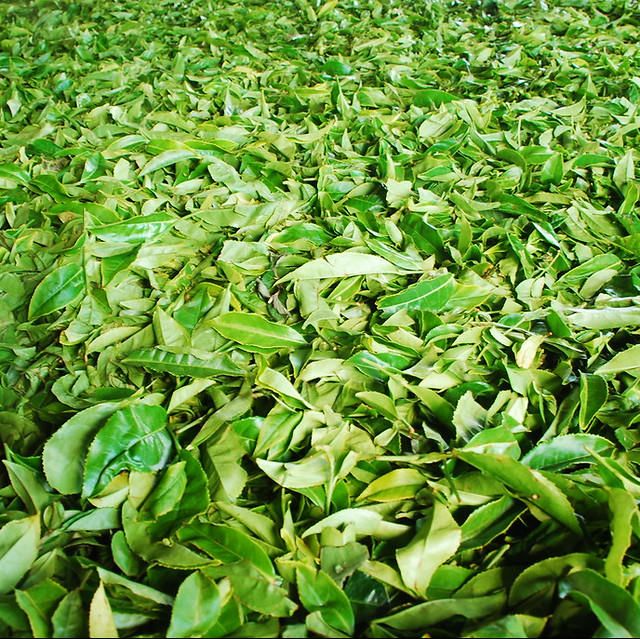
$0.0147 per kilogram of made tea as of July 1, 2024
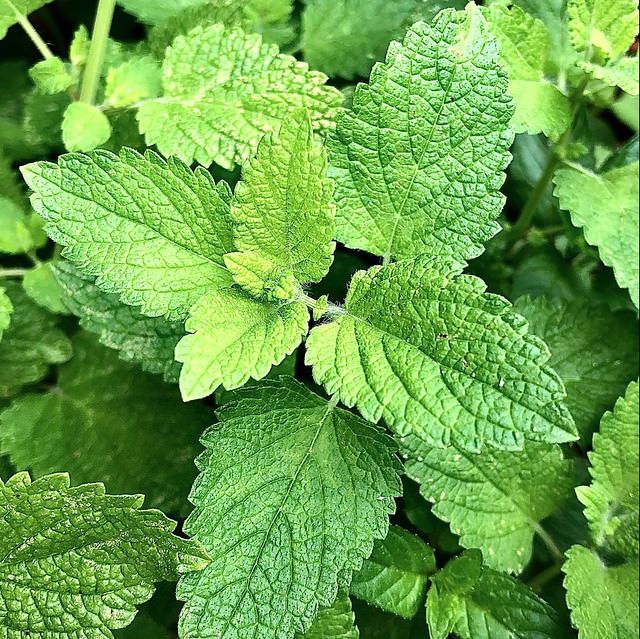
$1,250 per MT of cured vanilla and dried saffron, $75 per MT for dried key herbs and spices, and $25 per MT for dried rooibos and all other herbs, spices and herbal tea ingredients, $15 per MT of fresh chili
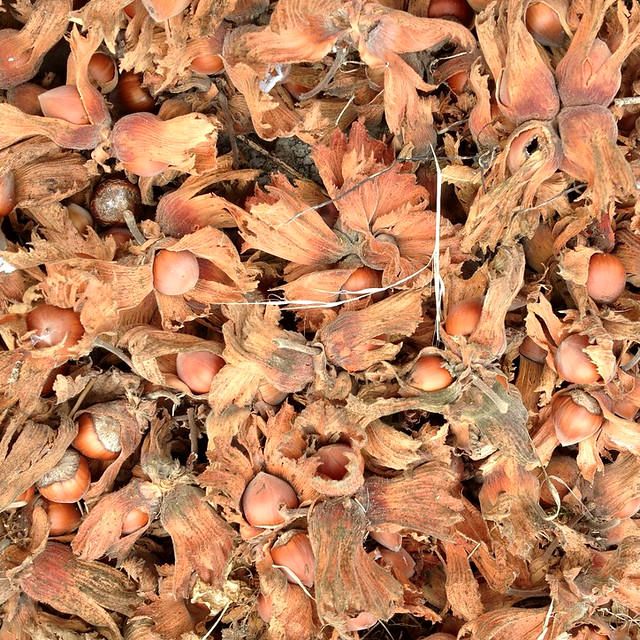
€42 per metric ton of hazelnuts
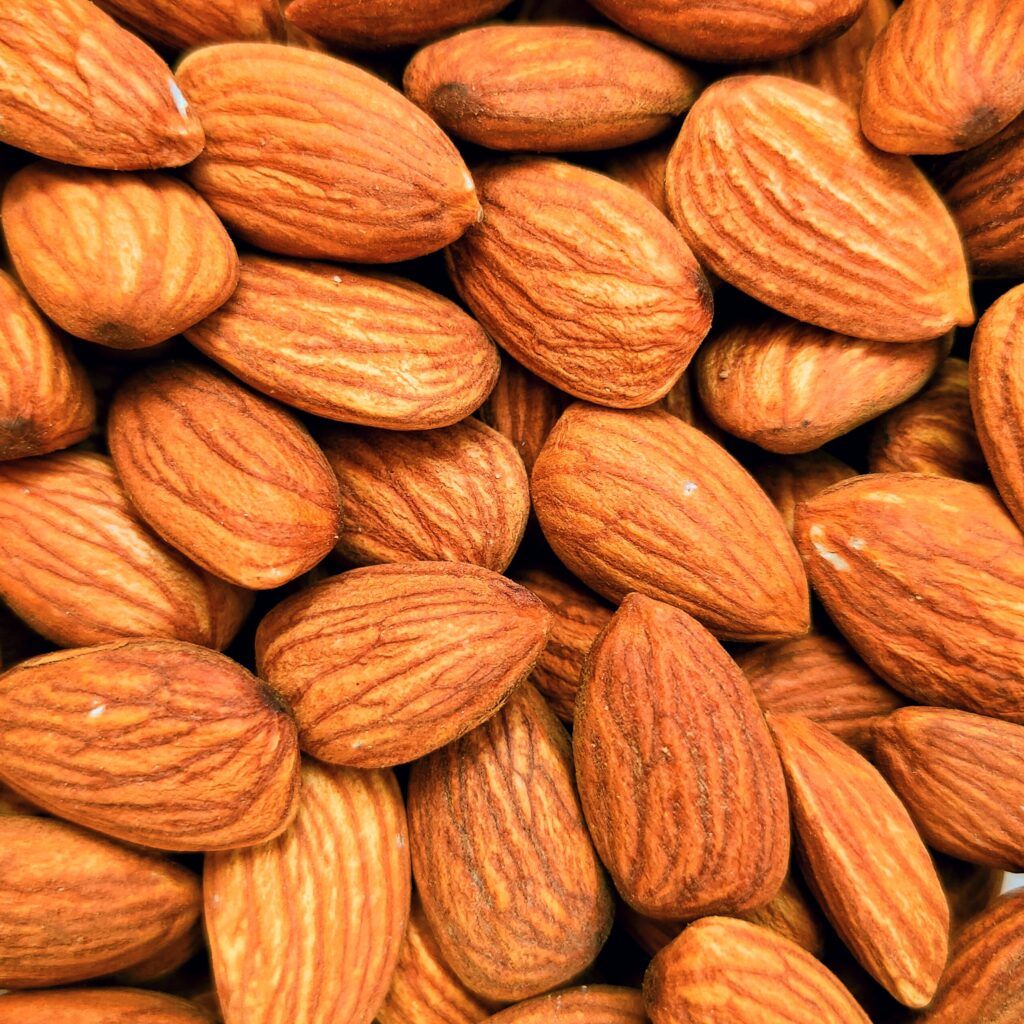
$46 per MT of cashews and almonds as of October 1, 2024
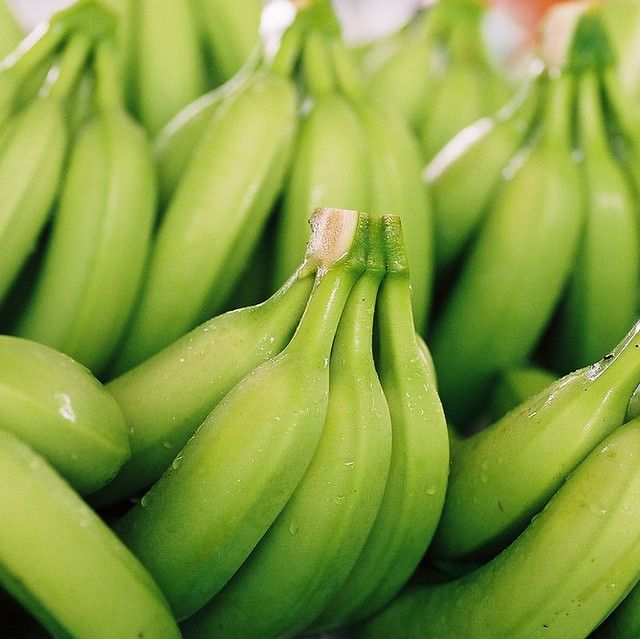
$0.0235 per box of bananas (18.14 kilogram) as of July 1, 2024 2
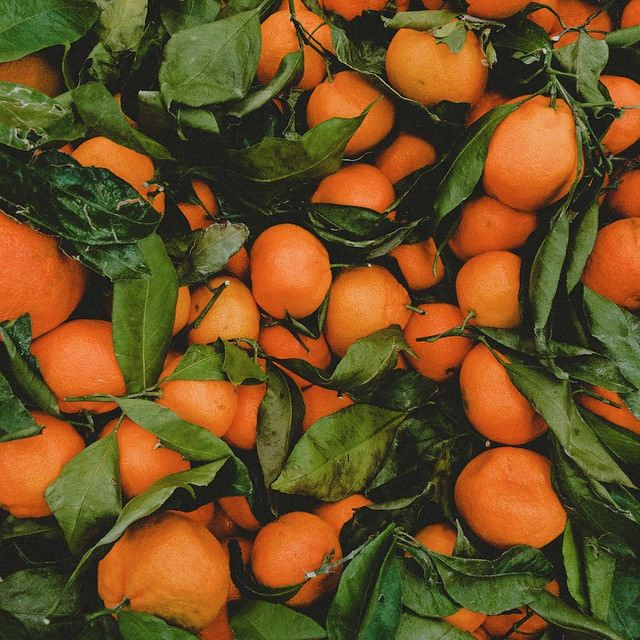
$0.0177 per pound of soluble orange juice solids as of July 1, 2024
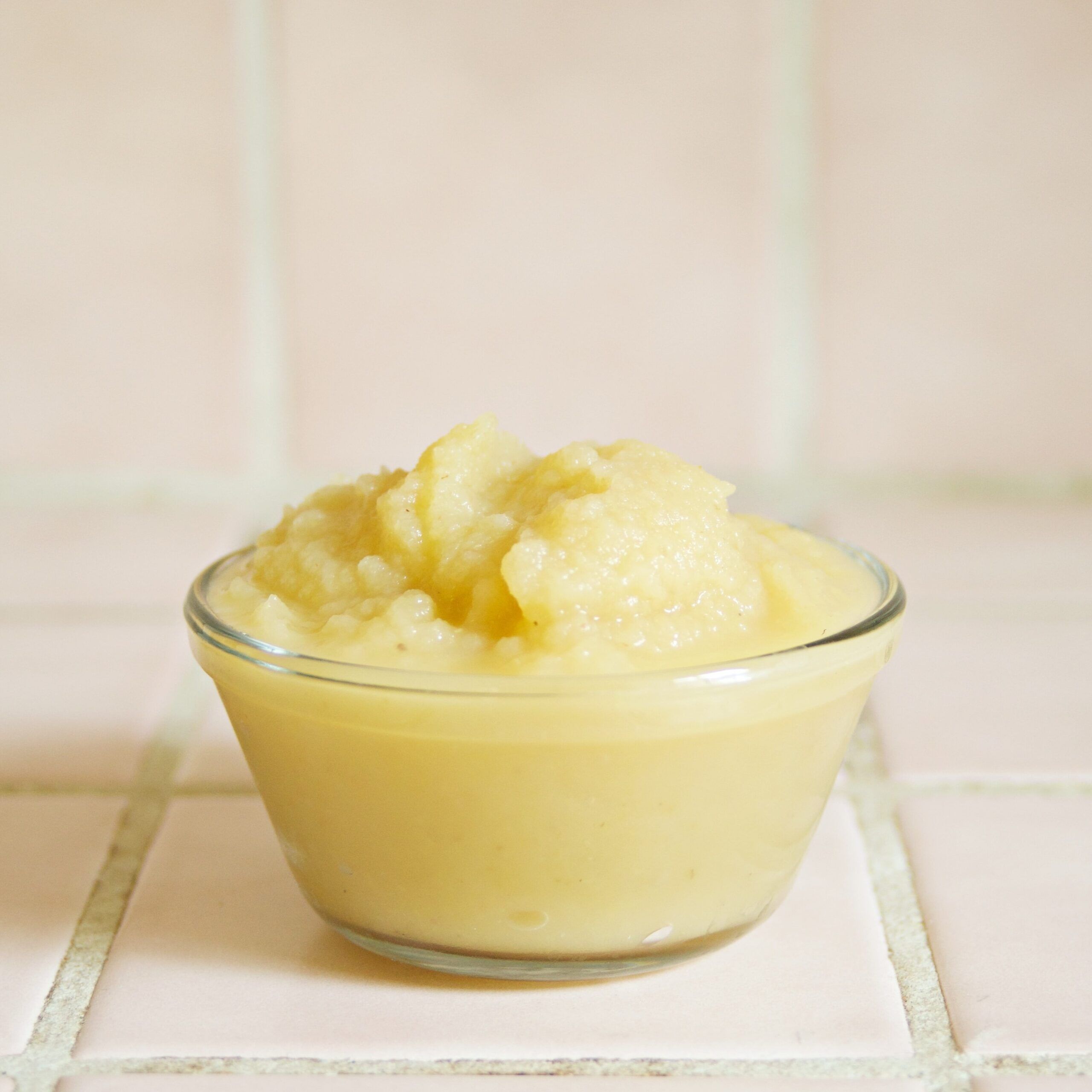
$0.015 per pound of soluble solids of all other juices and purees
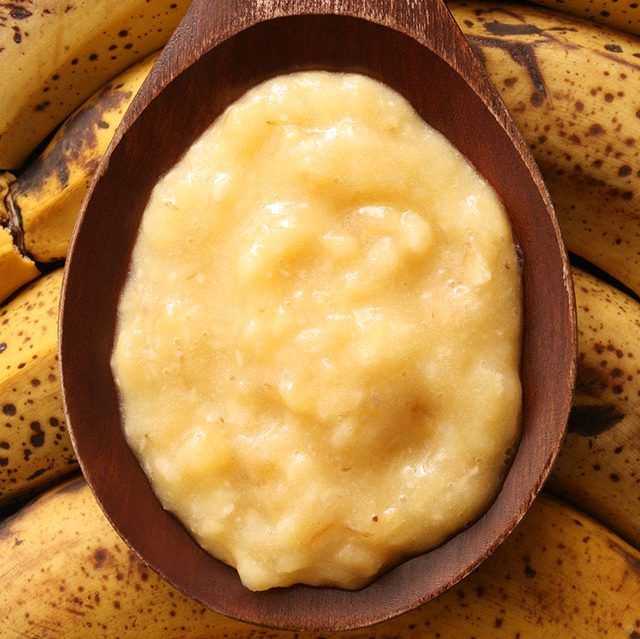
$0.005 per pound of soluble banana puree solids
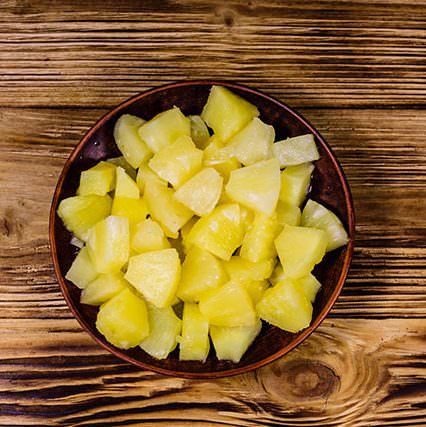
$1.00 per metric ton of drained weight of canned fresh fruit
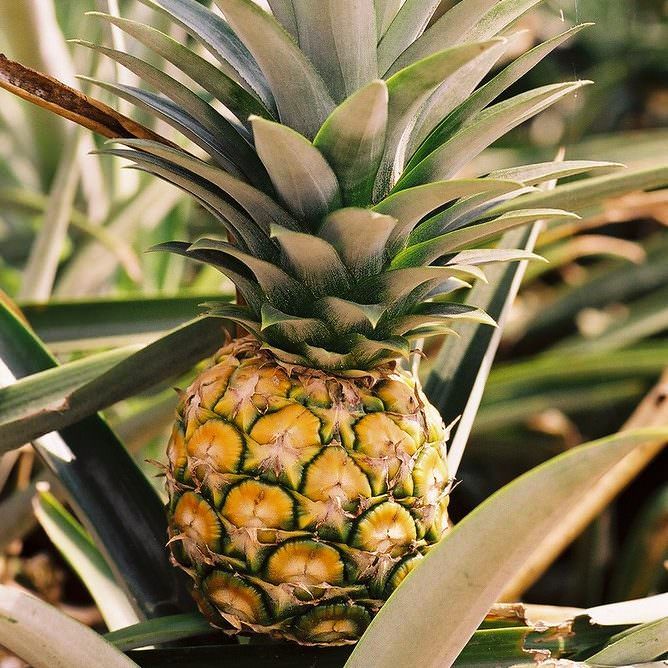
$3.00 per metric ton of fresh pineapple
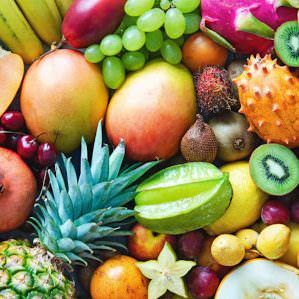
$4.00 per metric ton of other fresh fruits
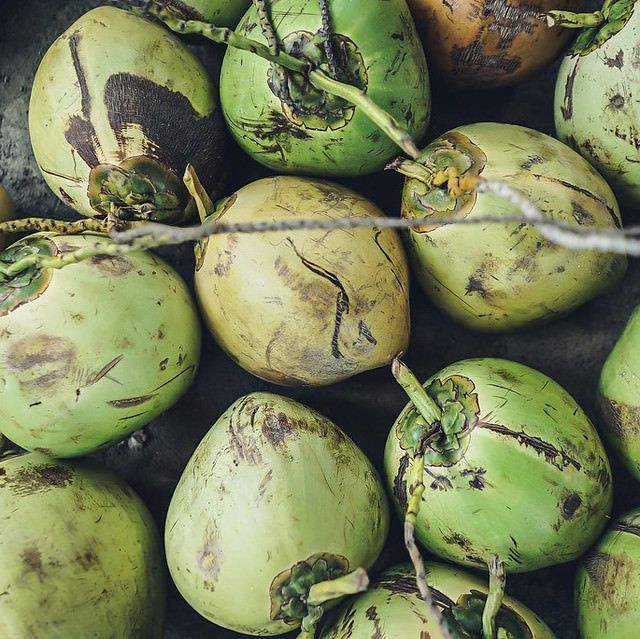
$10.00 per metric ton of crude coconut oil
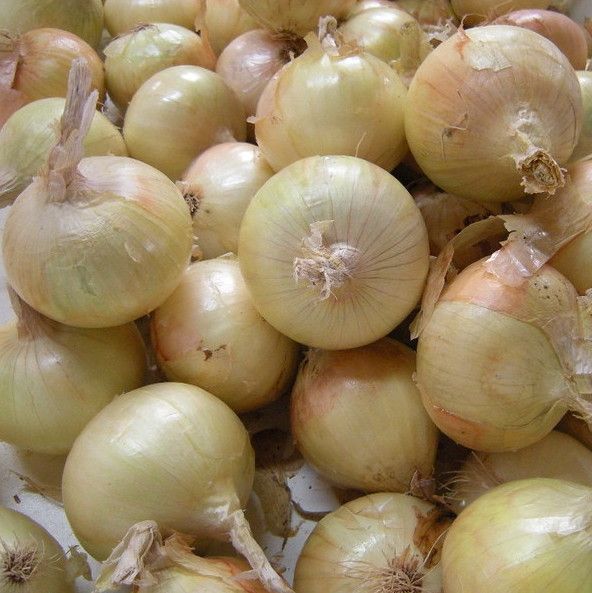
$3.00 per metric ton of vegetables
1 Coffee purchases confirmed by the importer in MultiTrace through December 31, 2020, will continue to be billed to the supply chain actor(s) when the coffee is redeemed (traced) in the system.
2 Also applicable to fresh plantain.
For more information about our royalty, please refer to the Rainforest Alliance License Agreement General Terms and Conditions.
